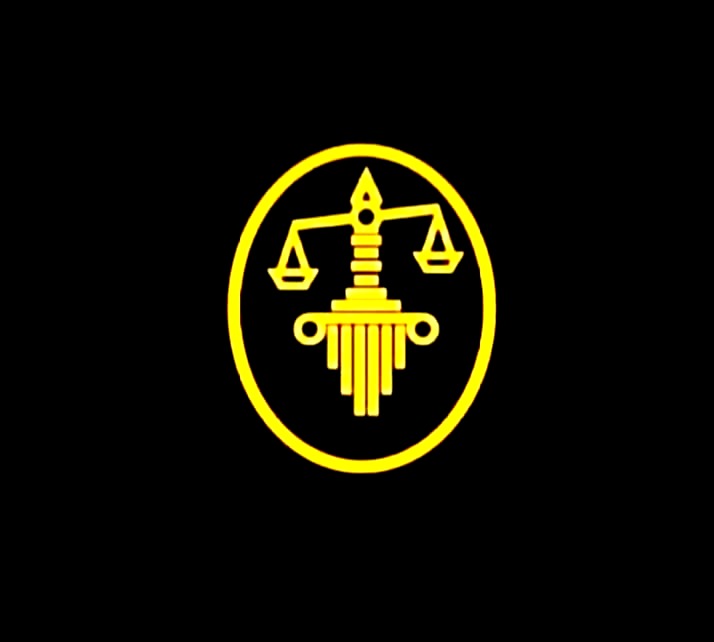Revisiting the decision in Uganda Law Society and 12 others vs. Attorney General Constitutional Petition No. 32 of 2020—Stamp Duty on Professional Licenses Struck Down in Uganda.
- Lawpointuganda

- Apr 17, 2024
- 3 min read
Introduction.
In a landmark ruling on February 13, 2024, the Constitutional Court of Uganda presided over by a panel of five justices led by Irene Mulyagonja (JCC), delivered this significant judgment where they not only struck down the stamp duty provision but also underscored the importance of constitutional consistency and protection of professional rights.
The central issue at hand was the imposition of stamp duty on professional licenses—a matter that has significant implications for professionals in private practice. The court held that Section 2(h) of the Stamp Duty Act, as amended in 2020, was discriminatory against professionals.
This provision clashed with Article 21(1), Article 3, and Article 152(1) of the 1995 Constitution of the Republic of Uganda. By declaring it void, the court emphasized the need for fairness and equality in the taxation system.
Furthermore, the court recognized the burden placed on professionals in private practice. These individuals already contend with various taxes and levies collected by other regulatory bodies for the same certificates and licenses. The imposition of additional stamp duty was deemed contrary to Article 40(1) of the Constitution.
Back Ground.
Petitioners are established by statute or incorporated by professionals to bring members in each field of practice who disagree with the inclusion of Section 2(h) in the Stamps Duty (Amendment) Act, 2020 to facilitate the collection of the Stamp Duty as a tax from them.
The justification as to the charge is to enable Uganda Revenue Authority to attain information about professional service providers and enforce compliance to Section 135 of the Income Tax Act which requires an applicant to have Tax identification Number(TIN)before obtaining a license or certificate to practice their profession.
The primary issue in this case was Whether Section 2(h) of the stamp Duty (Amendment) Act, 2020 was enacted in bad faith and is inconsistent with and in contravention with Articles 21(1) & 3, 40(2) & 92 of the 1995 Constitution of the Republic of Uganda as Amended? Basis of the Decision by Court
This court considered the commentary in Halsbury’s laws of England, Vol.99 (2023) Online Edition by LexisNexis paragraph 1130 which provides that Stamp Duty is only chargeable on instruments not transactions. The Court goes an extra mile to hold that the licenses and certificates of the professions being targeted by Section 2(h) of the Stamps Duty (Amendment) Act, 2020 are exempted from being charged with stamp duty by Section 3(3) of the Stamp Duty Act 2014 hence Parliament was misled in amending the law to facilitate collection on exempted instruments. The court arrived at a conclusion that the alleged discrimination against the petitioners in their professions did not fall within the ambit exceptions of Article 21(4) (b) or Article 152(1) of the constitution .The exceptions under Article 21(4) of the Constitution imply clearly that Section 2(h) of the Stamp Duty Act (Amendment), 2020 contravenes the supreme law of the land.
The Court held that the imposition of tax of stamp duty on practicing licenses and certificates of professionals in private practice clearly implies Uganda is not free and democratic society this reasoning is drawn from the holding in the case of Charles Onyango Obbo & Andrew Mujuni Mwenda vs Attorney General Constitutional Appeal No.2 OF 2002 wherein court held that a limitation is not valid unless its limitation on a protected right is acceptable and demonstrably justifiable in a free and democratic society. Therefore the imposition of this tax was largely in contravention with Article 40 (1) of the Constitution for it is burdensome to the professionals in different private practice since they originally have other payments to their several regulatory bodies. The justification that the charge would enable Uganda Revenue Authority access information was unnecessary for since there existed other avenues through which Uganda Revenue Authority would arrive at the information. Personal Opinion
The case emphasises the supremacy of the constitution relying on the decision in the case of Human Rights Network Uganda & 4 others vs Attorney General Constitutional Petition No.56 of 2013 the inclusion of Section 2(h) Stamp Duty (Amendment) Act 2020 to facilitate the collection of taxes from professionals undermines the independence of the judiciary and hence inconsistent to Article 92 of the 19915 of the Republic of Uganda as (Amended).
Conclusion.
The recent ruling by the Constitutional Court of Uganda in the case of Uganda Law Society and 12 others vs. Attorney General has far-reaching implications. By striking down the stamp duty provision on practicing licenses and certificates of professionals, the court reaffirmed the importance of constitutional principles.
The court’s analysis, drawing from Halsbury’s laws of England and precedent cases, highlighted the discriminatory nature of the tax. Professionals in private practice, burdened by existing payments to regulatory bodies, found relief in this judgment. Moreover, the court emphasized that limitations on protected rights must be justifiable in a free and democratic society.
In essence, this decision underscores the need to balance fiscal measures with individual rights—a delicate equilibrium that ensures Uganda remains a truly democratic nation. By KATIE NAGASHA (Lawyer and Legal Researcher)






.jpg)

Comments